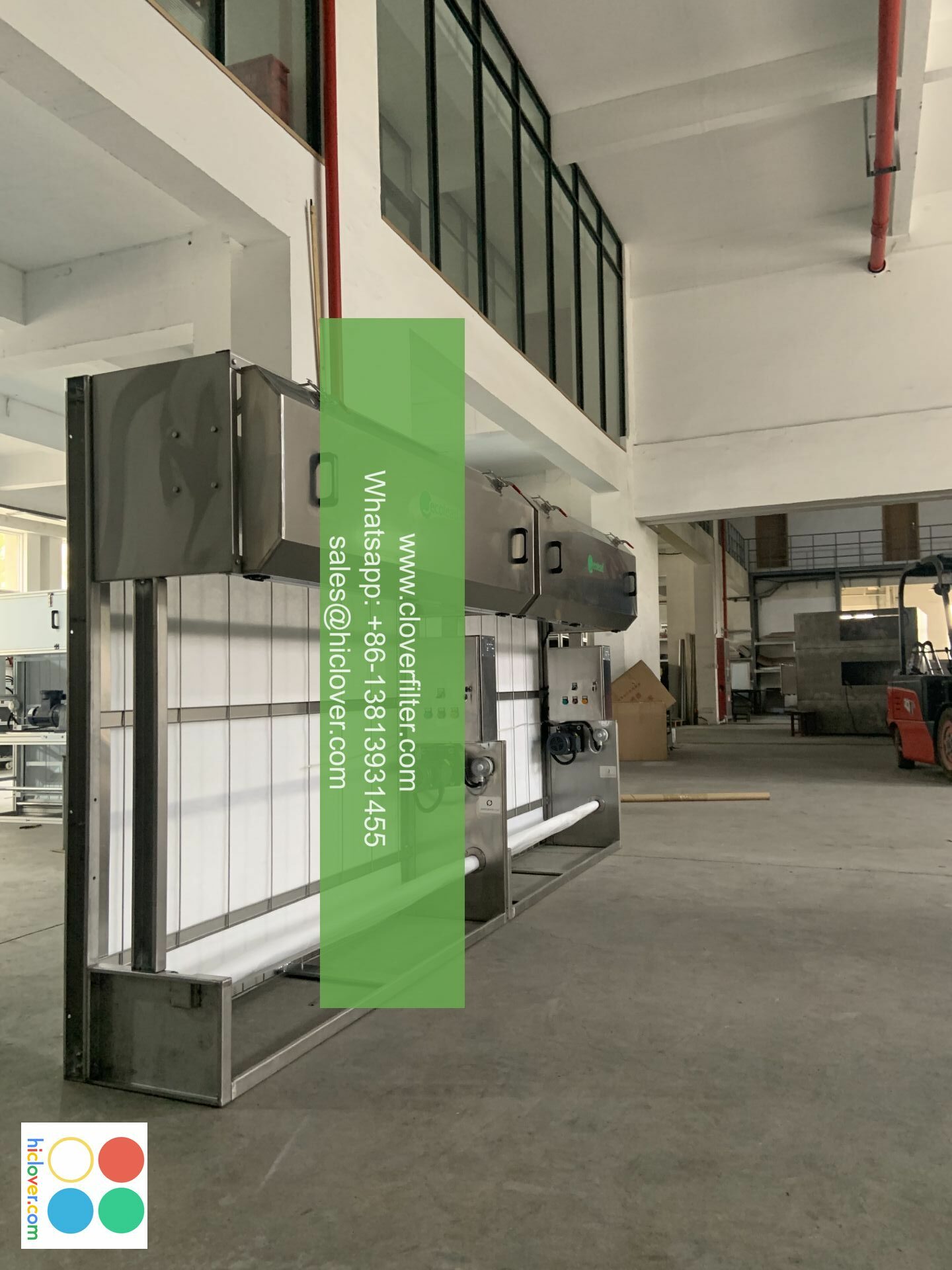The Ultimate Guide to Air Filter Lifespan: How to Extend Its Use

The Ultimate Guide to Air Filter Lifespan: How to Extend Its Use
What is an Air Filter and Why is it Important?
An air filter is a crucial component in various systems, including HVAC (heating, ventilation, and air conditioning), industrial, and automotive applications. Its primary function is to remove pollutants, allergens, and other impurities from the air, ensuring a healthier and cleaner breathing environment. Air filters come in different types, such as fiberglass, pleated, and HEPA (High Efficiency Particulate Air), each designed to cater to specific needs and applications.
Factors Affecting Air Filter Lifespan
Several factors can impact the lifespan of an air filter, including:
- Quality of the filter: High-quality filters with tighter pores and better materials can last longer than cheaper alternatives.
- Air flow rate: Increased air flow rates can reduce the lifespan of the filter.
- Environmental conditions: High temperatures, humidity, and pollution levels can reduce the filter’s effectiveness and lifespan.
- Maintenance and cleaning: Regular cleaning and maintenance can extend the filter’s lifespan.
- Regularly clean and inspect the filter: Use a soft brush or vacuum cleaner to remove dust and debris. Inspect the filter for damage, tears, or holes.
- Replace the filter according to manufacturer’s instructions: Check the filter’s packaging or manufacturer’s website for recommended replacement intervals.
- Maintain a clean and dust-free environment: Regularly clean and dust surfaces, including furniture, carpets, and walls, to reduce the amount of airborne pollutants.
- Upgrade to a high-quality filter: Consider upgrading to a high-quality filter with tighter pores and better materials for improved performance and longevity.
- HVAC Systems: Air filters in HVAC systems remove pollutants and allergens from the air, improving indoor air quality and reducing energy consumption.
- Industrial Processes: Industrial air filters remove pollutants and contaminants from the air, ensuring a safe and healthy working environment.
- Automotive Systems: Air filters in vehicles remove pollutants and debris from the air, improving engine performance and reducing emissions.
- Consult the manufacturer’s instructions: Check the manufacturer’s website or product packaging for specific guidance on air filter maintenance and replacement.
- Monitor air quality: Use air quality monitors or apps to track air quality levels and adjust your air filter maintenance schedule accordingly.
- Consider upgrading to a smart air filter: Smart air filters with sensors and IoT connectivity can detect changes in air quality and automatically adjust to maintain optimal performance.
How to Extend the Lifespan of Your Air Filter
To get the most out of your air filter, follow these tips:
Application Areas for Air Filters
Air filters are essential in various applications, including:
Conclusion
Air filters play a critical role in maintaining clean and healthy air environments. By understanding the factors that affect air filter lifespan and following the tips to extend its use, you can enjoy the benefits of a cleaner and healthier breathing environment. Whether in HVAC systems, industrial processes, or automotive applications, air filters are essential components that deserve regular maintenance and attention to ensure optimal performance and longevity.
Additional Tips and Resources
By following the tips and guidelines outlined in this article, you can ensure a longer lifespan for your air filter and enjoy a cleaner, healthier, and more comfortable breathing environment.
I’m ready to assist you. What would you like to talk about or ask?


